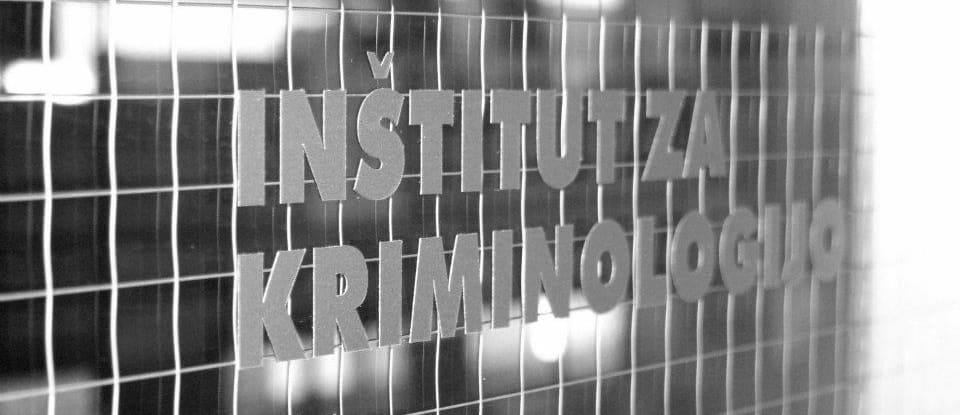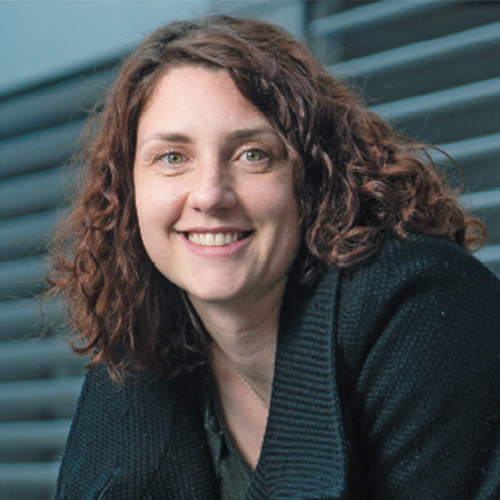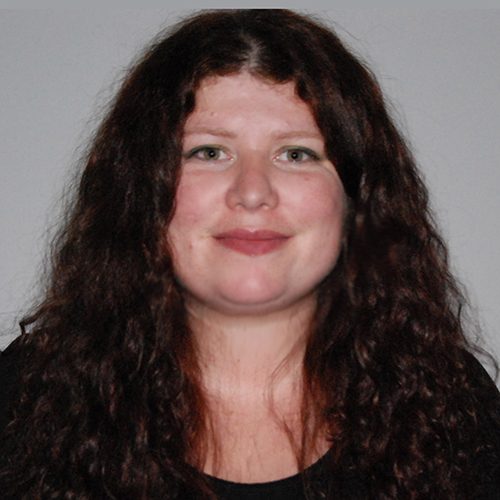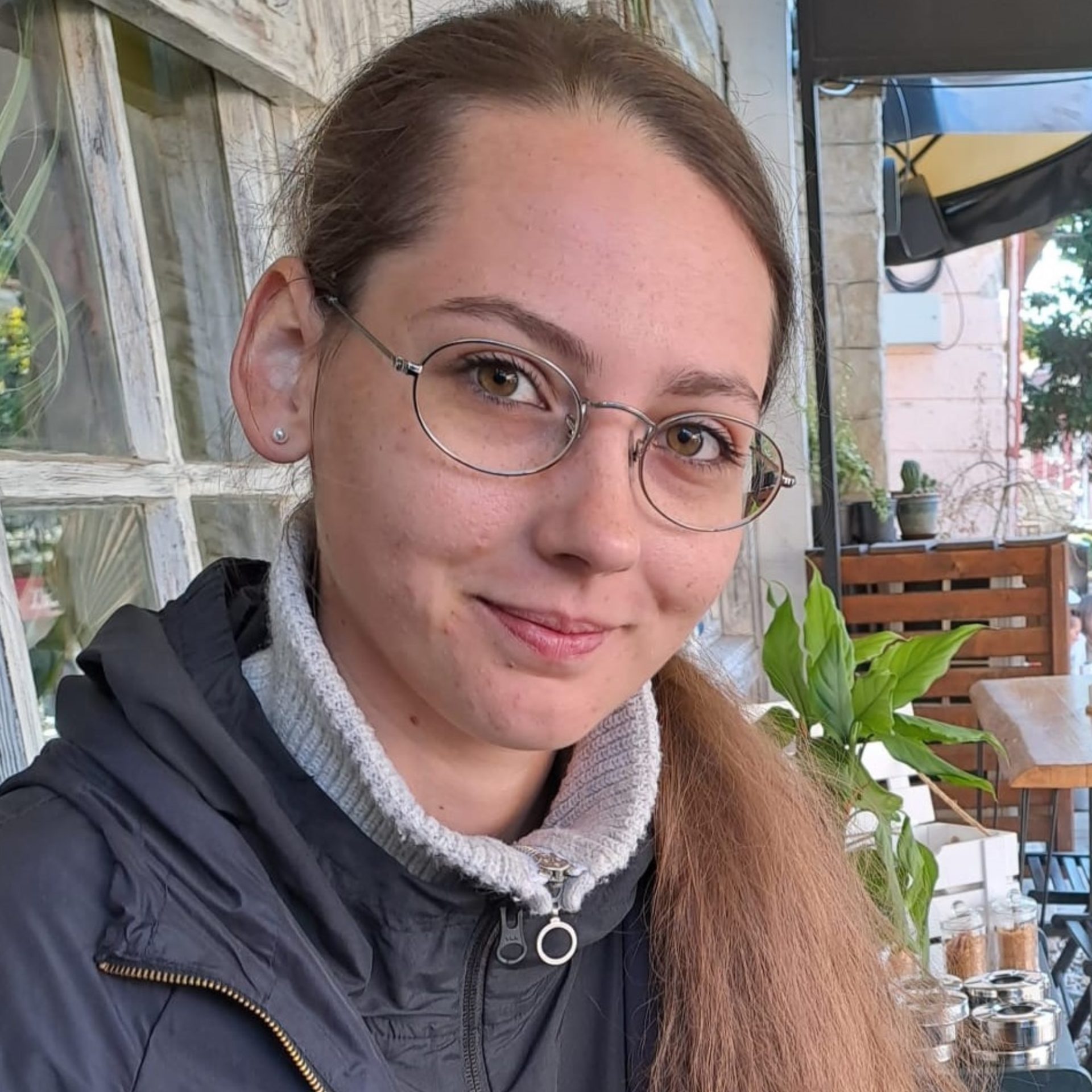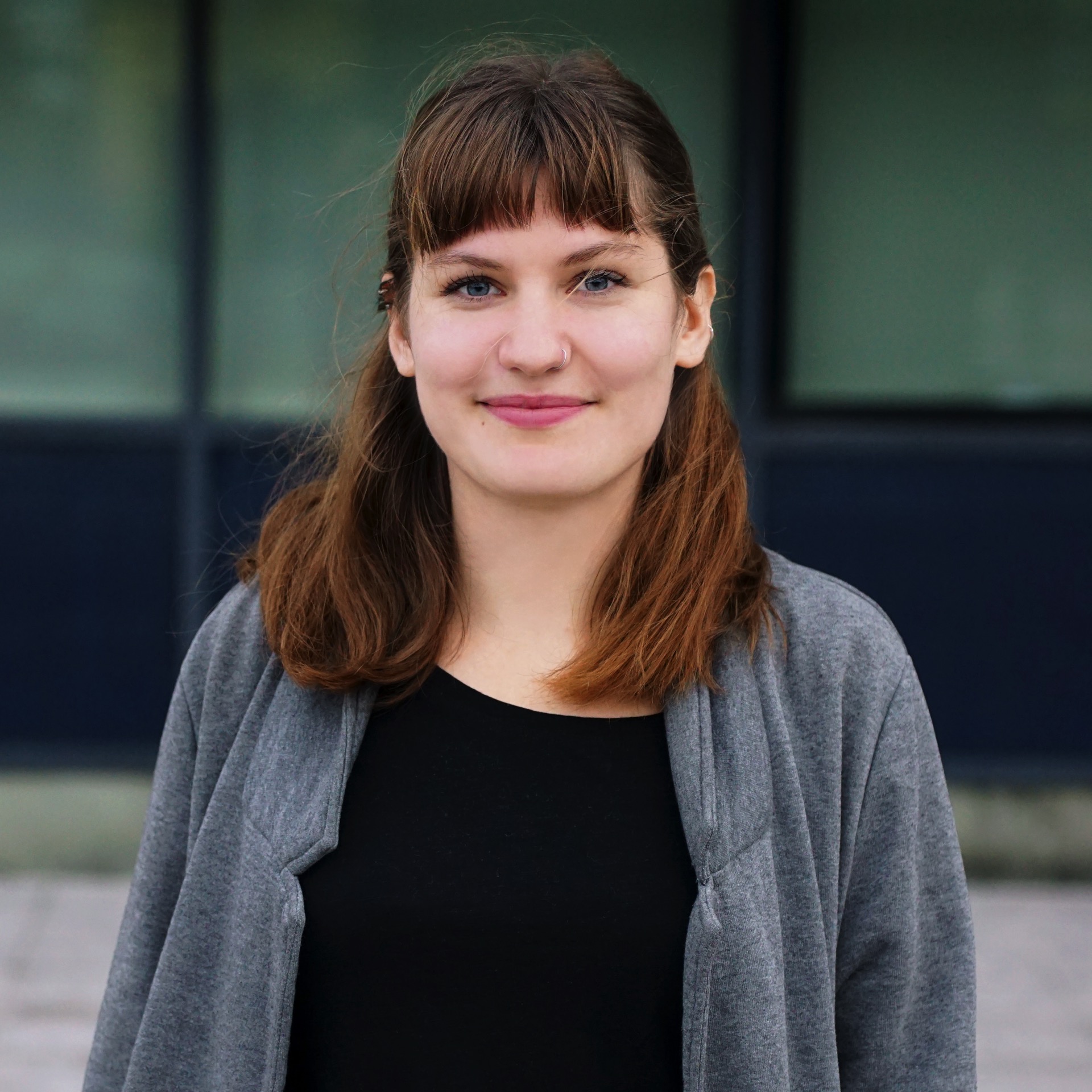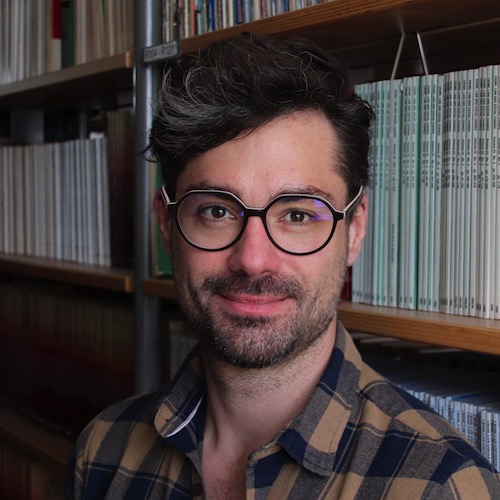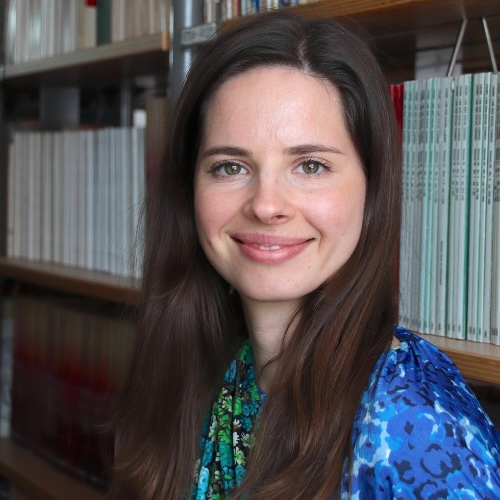The Institute of Criminology at the Faculty of Law was established in 1954. It was the first criminological institute in former Yugoslavia and one of the oldest criminological institutes in Europe.
Inštitut za kriminologijo pri Pravni fakulteti v Ljubljani
Address: Poljanski nasip 2, 1000 Ljubljana, Slovenija
ID: 31269567
Bank account: SI56 0201 4025 3359 987 (NLB d.d.)
Director: Aleš Završnik
Secretariat: ik.tajnistvo@pf.uni-lj.si
T: + 386 1 4203 242
E: inst.crim@pf.uni-lj.si
Aleš Završnik
director and researcher
Fields of research: criminology, criminal law, philosophy of law, psychology and law, law and psychoanalysis, post-structural analysis of law, crime and technology, cybercrime.

Renata Salecl
researcher
Fields of research: criminology and psychoanalysis, law and psychoanalysis, philosophy, sociology of culture, political culture, culture and violence.
Matjaž Jager
researcher
Fields of research: Crimes of the powerful, ethics and (criminal) law, philosophy of deviance, criminology of the state of exception.
Mojca M. Plesničar
researcher
Areas of research: sentencing, punishment and decision-making processes in criminal justice, new technologies and criminal justice, marginalised groups (youth, women, foreigners) in criminology and criminal justice, violent crime, sexual crime.
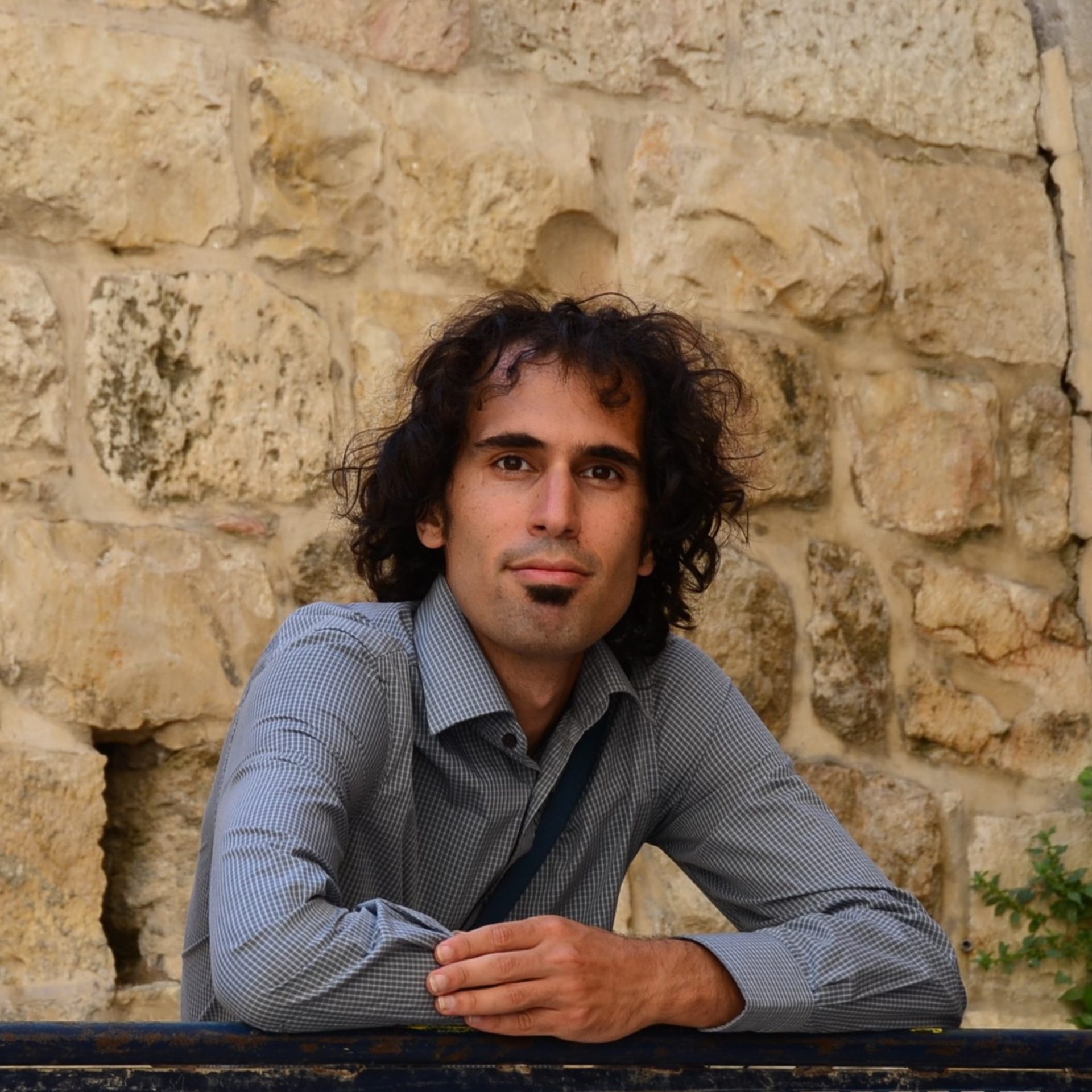
Lior Volinz
researcher
Fields of research: surveillance and policing technologies, digital governance, and the privatization and pluralization of security provision.
Iva Ramuš Cvetkovič
young researcher
Fields of research: criminology and law in times of disruptive technologies, war technologies and hybrid weapons, astro-green criminology, space law, space technology and artificial intelligence, theories on evil and violence, genocide and holocaust studies, international crimes
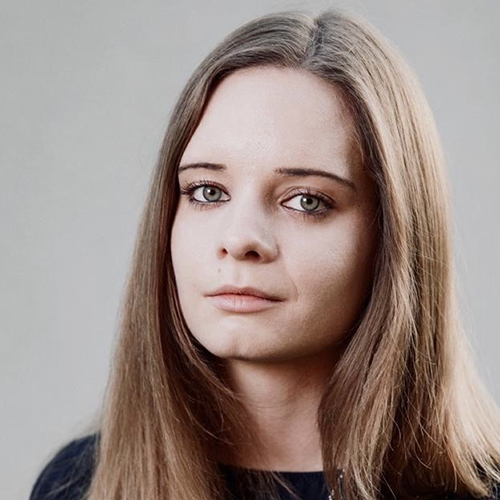
Manja Skočir
young researcher
Fields of research: criminology, philosophy (of law), maschine ethics, criminology and literature.
Kristina Čufar
researcher
Fields of research: philosophy of law, socio-legal theory, critical legal theory, feminist legal theory, law and the humanities, law and technology, social inequalities, controlled substances.

Kristina Lazarevič Padar
researcher
Fields of research: regulatory compliance, sustainability, personal data protection, restrictive measures and the prevention of money laundering.
Alina Bezlaj
young researcher
Fields of reserach: criminology, prisons, anthropology of space, urban anthropology.
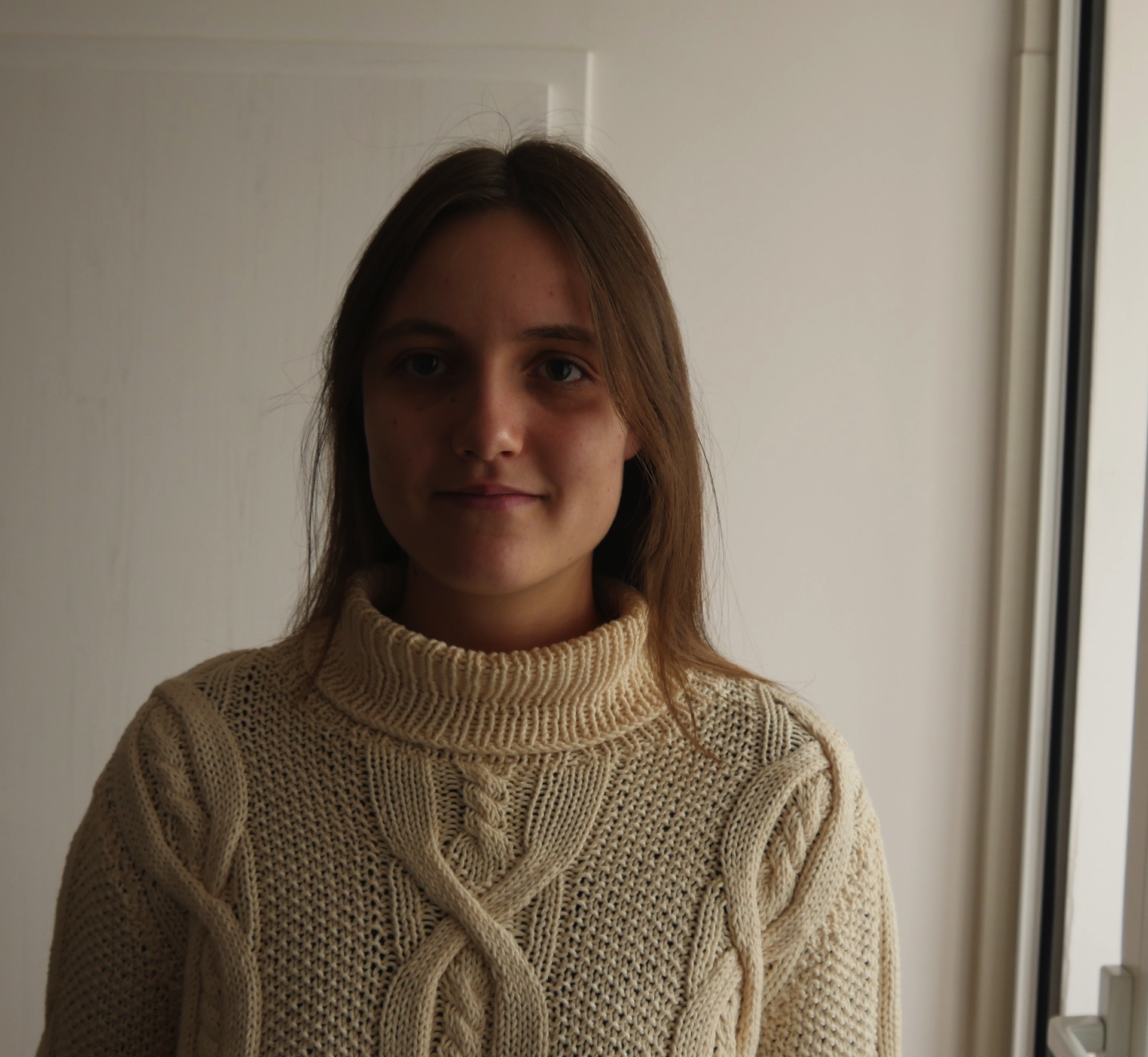
Živa Šketa
young researcher
Fields of research: criminology, migration, labour studies, sociology of law.

Hana Hawlina
researcher
Fields of research: social and cultural psychology, psychological perspectives on social change, theoretical psychology, social representations and imaginaries, illiberalisation, collective imagination.
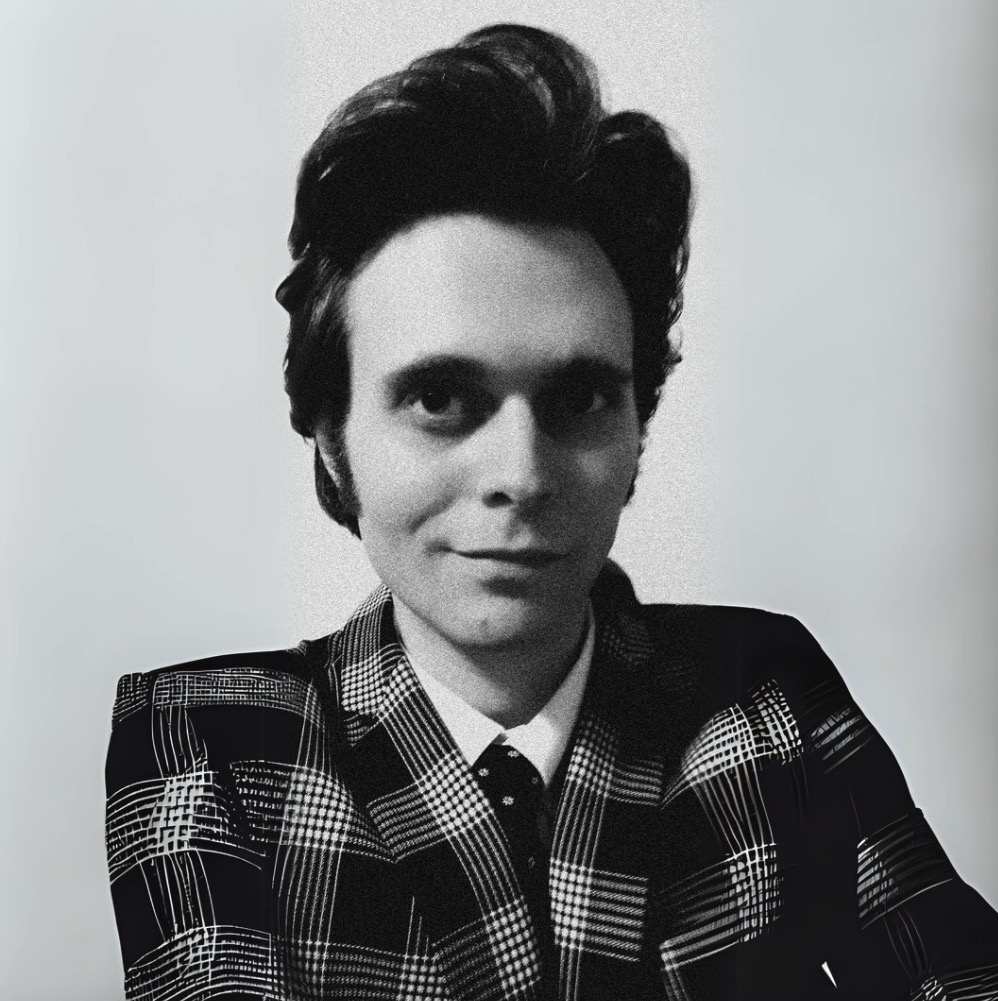
Marko Balažic
researcher
Fields of research: substantive criminal law and criminal procedural law, criminal sanctions, the relationship between criminal law doctrine and criminal policy, criminology, criminal law and criminal justice.
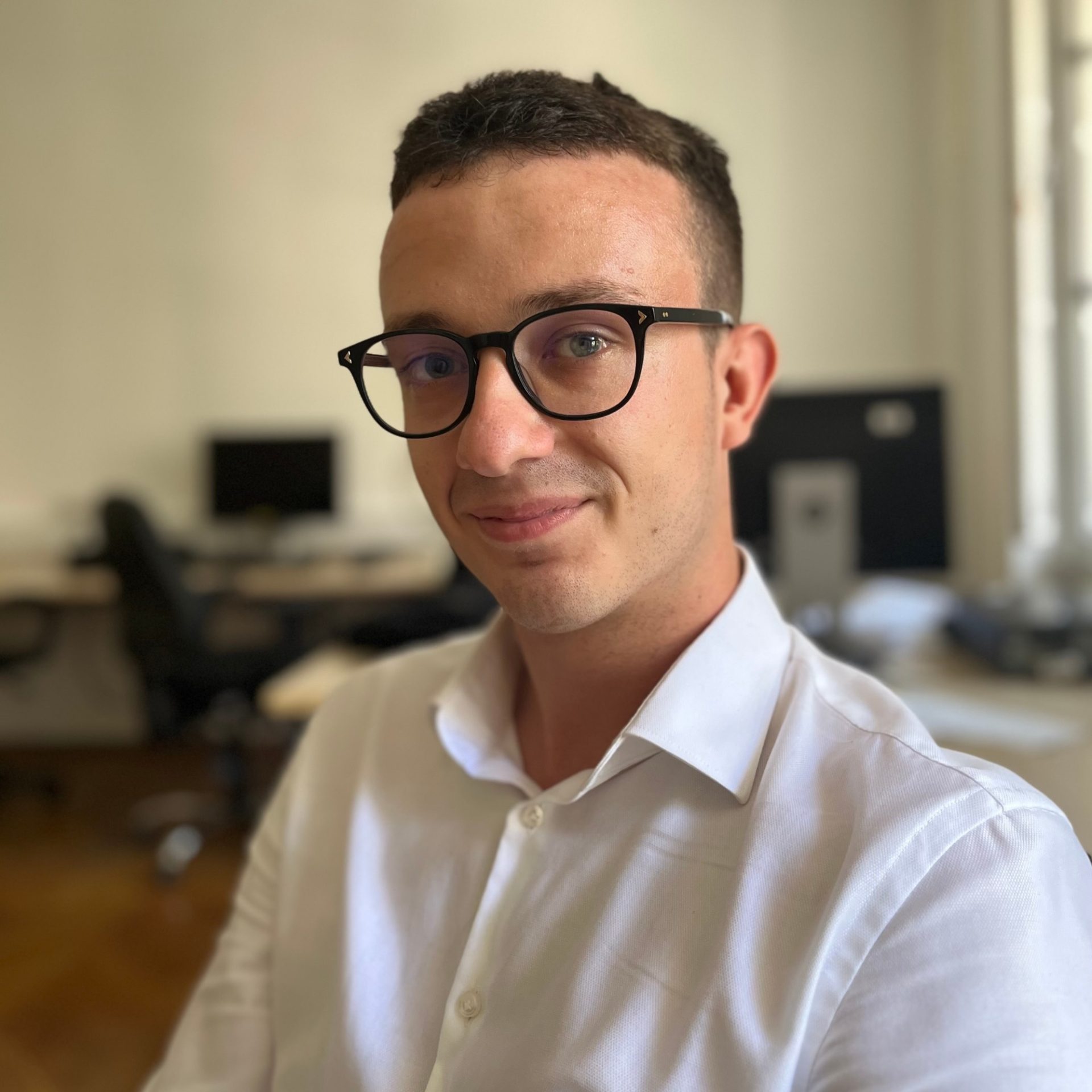
Luka Gal Prestor
researcher
Fields of research: psychopathology of offenders, the assessment of criminal responsibility, the intersection of law, psychology and mental disorders, and broader issues related to punishment and organized crime.
Professional staff of Institute of Criminology is led by the director. It consists of senior researchers, part-time researches, external collaborates, junior researchers. Researchers hold a Ph.D with various internal titles such as senior scientific counselor, senior scientific fellows and scientific fellows. Junior researchers hold bachelor’s degree or master’s degree are part of the institute wihile pursuing a Ph.D. The rest of the staff consists of library and administration staff.
Visiting scholars
- Asst. prof. Maša Galič (2022), privacy and criminal (procedure) law at the Criminal law and Criminology Department, Vrije Universiteit (VU)
- Dr. Lior Volinz (2021), postdoctoral researcher (Crime and Society - CRiS), Vrije Universiteit Brussel
- Jakub Drapal (2022, 2021, 2020), Czech Academy of Sciences and Charles University in Prague
- Assoc. Prof. Dr. Maja Brkan (2020), University of Ljubljana, Faculty of law, Maastricht University
- Jean-Pierre Roux (2024), doctoral researcher, University of Glasgow and University of Edinburgh
- Matija Žgur (2024, 2025), postdoctoral researcher, Roma Tre University
Emeritus
- Dragan Petrovec, PhD, Researcher and Professor
- Alenka Šelih, PhD, Researcher and Professor Emeritus
ALUMNI
- dr. Marko Bošnjak: Judge and President of the Court in Strasbourg, ECHR
- dr. Maja Brkan: Judge, General Court, CJEU
- dr. Primož Gorkič: Judge at the Supreme Court of the Republic of Slovenia
- dr. Ciril Keršmanc, okrožni sodnik
- dr. Saša Kmet: Judge at the Higher Court in Celje
- Primož Križnar: Master of Law
- Bogomil Brvar: Prof. of mathematics and physics, specialist in criminology (Faculty of Law, University of Ljubljana)
The Institute of Criminology at the Faculty of Law was established in 1954 as the first criminological institute in the former Yugoslavia. It was founded by the Faculty of Law, University of Ljubljana and although it soon became independent, it has always maintained very strong links with the founding faculty. From the very beginning, the institute's main activities have been: research, teaching and dissemination of information, and organisation of library and documentation service. The institute employs professionals of different profiles: lawyers, psychologists, sociologists, specialist pedagogues, economists, philosophers and other social science professionals.
The Institute of Criminology was led by: dr. Avgust Munda (1954), dr. Hinko Lučovnik (1955-1960), dr. Katja Vodopivec (1960-1972), dr. Janez Pečar (1972-1993), dr. Alenka Šelih (1993-2004), dr. Matjaž Jager (2005-2019) and dr. Aleš Završnik (od 2019). The Institute's specialised library has always provided support for Institute's research and is currently one of Europe's best in the field of criminology.
The institute, which was established to investigate the problems of crime and deviance on the one hand, and the reaction of society to these phenomena on the other hand, has since the beginning dealt with very different types of criminological research, from purely theoretical and basic, empirical, historical, longitudinal and follow-up research to the comparative and cross-cultural studies. The majority of studies have been, however, empirical and tried to explore the current trends of crime and other deviant phenomena, to investigate the operation of criminal and juvenile justice agencies, to analyse the existing social problems and apply its research results to the social practice by proposing adequate solutions to the policymakers. In these efforts, the institute was sometimes more, sometimes less successful, depending on the general social climate as well as on the attitudes and orientations of decisionmakers in criminal justice and other agencies dealing with crime and deviance.
Research policy of the institute has been based on the assessment of the relevant social problems on the one hand, and on the current criminological trends in the world, on the other. In tracing the main directions and guidelines of research work, the institute has to take into consideration also the needs of agencies and organs dealing with crime and deviance. In this connection, it is necessary to mention the role of the Steering Committee of the Institute of Criminology, composed of the members of the institute, its founder University of Ljubljana and representatives of criminal justice agencies (Ministry of Justice and Ministry of the Interior). In planning its research activities, the institute has to take proposals and suggestions of the Steering Committee into consideration, discuss them and formulate its research policy also in accordance with the needs uttered by the representatives of these agencies.
Research carried out by the Institute covers the most different areas of crime and criminal justice, and this brief presentation provides only a summary overview of fields of research and objects of studies within them:
- mt|radio_button_checked|criminal law and criminal justice
problems of recidivism; sentencing dispositions imposed on mentally abnormal offenders; recidivism in penal and administrative law; sentencing practice of the Slovenian courts; criminal law protection of property in different legal systems; criminal liability of doctors and other medical staff in contemporary criminal law systems; the position of mentally abnormal offenders in contemporary criminal law; application of criminological diagnoses in Yugoslavia; economic offences in a positive criminal law and the need of reform; the role of public prosecutor and defence lawyer in criminal proceedings involving juveniles; analysis of penalties provided for by the criminal code and those imposed on offenders by courts; protection of the right to privacy in penal law; criminal law aspects of political crimes; participation of citizens in criminal justice; legal remedies in criminal proceedings; system analysis of pre-trial and criminal proceedings; repression and public opinion; legal and criminological aspects of sentencing; international criminal law; legal aspects of drug-related crimes; police, public prosecutors and the success within criminal investigations; basic principles of criminal procedure law in the digital age; psychological mechanisms in criminal justice; automated justice in criminal justice systems
- et|icon_circle-selected|\criminal policy
problems of crime prevention; relationship between criminological research and criminal policy; criminal policy within the road traffic; criminal policy problems in Slovenia and proposed solutions
- et|icon_circle-selected|\criminal phenomenology
the incidence of assault and battery in one of the Slovenian regions; comparison of property offences in Yugoslavia, Austria and Poland; homicides in Slovenia; shoplifting in self-service stores; prediction of deviant phenomena up to the year 2000; recidivism in Slovenia; bankruptcies and other economic crime connected with the processes of transition; economic crime connected with the privatisation of socially-owned property; hate speech on online social networks in Slovenia; sexual offences and the (Slovenian) concept of force in defining rape; crime rates in the COVID-19 pandemic
- et|icon_circle-selected|\penology and implementation of penal sanctions
izbor obsojenk za prestajanje zaporne kazni v odprtem zaporskem režimu; klasifikacija zapornikov v Sloveniji; organizacija prehodnih domov za obsojence po prestani zaporni kazni; ocena probacije v Sloveniji; organiziranje podpornih storitev za nekdanje obsojence; primerjava izvrševanja zaporne kazni v Franciji in Jugoslaviji; izvrševanje zaporne kazni v odprtih režimih zavodov za prestajanje kazni v Sloveniji; izvrševanje kratkotrajnih kazni zapora v Sloveniji; delo v zaporu; pravice v zaporu in njihovo varstvo v Sloveniji; penološki vidiki povratništva; storitve socialnih služb za odrasle obsojence; zmogljivost popravnih institucij; življenjski in delovni pogoji pridržanih oseb in oseb, ki prestajajo zaporne kazni v Sloveniji; socialna klima v zavodih za prestajanje kazni zapora
- et|icon_circle-selected|\social control
mechanisms of formal social control; school as a mechanism of social control; informal social control and its operation; ideology and control; mechanisms and the operation of institutionalised non-state control; ideological control and political violence; regulating privacy, transparency, secrecy and other competing values in the 21st century; similarities and differences between de iure incriminated (legally forbidden) or de facto criminalized behaviour patterns and other, apparently normal, “natural” or “socially acceptable” activities; human rights and regulation of trustworthy artificial intelligence; crime control in the digital age
- et|icon_circle-selected|\juvenile delinquency, juvenile justice, treatment of juvenile delinquents
living conditions of juvenile delinquents; crime prevention and elementary schoolchildren; placement of juveniles in a foster family or an institution; ways of dealing with juvenile delinquency in Poland and in Yugoslavia; juvenile delinquents from two different cultures; treatment of young adult offenders in Slovenia; problems of juvenile gangs; rehabilitation of juveniles in Ljubljana, Slovenia; juvenile delinquents’ evaluation of criminal proceedings and implementation of juvenile measures; an experiment of rehabilitation of maladjusted and delinquent youth ; disposal of juvenile delinquency cases and implementation of juvenile measures in Ljubljana; absconding from juvenile institutions; the role of social work in juvenile justice; action research with juvenile delinquent gangs; prevention of juvenile delinquency in local communities; a system of society’s reaction to youth deviance; a new concept of residential treatment of disturbed children and juveniles; disciplinary punishment and prevention of violence in schools
- et|icon_circle-selected|\children’s rights
attitudes of students and teachers towards children’s rights in school and at home; psychological rights of children; legal aspects of children’s rights; protection of children’s rights in schools
- et|icon_circle-selected|\social pathology and deviancy
social, psychological and health characteristics of delinquent and non-delinquent alcoholics; sociopathological phenomena in the society and their prevention; the incidence of suicides in Slovenia; social disorganisation and its influence on sociopathological phenomena; perception of deviance in Ljubljana; concentration of deviant phenomena in Ljubljana; historical view of crime and deviance 100 years ago
- et|icon_circle-selected|\victimology
restitution to victims of crime; exploration of hidden crime in Slovenia; a role of the involved bystanders in the criminogenesis; legal, medical and social welfare aspects of child maltreatment; the Dachau trials and the victims of these staged trials; UN victimisation survey - situation in Slovenia; institutional treatment of maltreated, abused and neglected children; victims of domestic violence, especially violence against women and children
- et|icon_circle-selected|\criminalistics and crime investigation
fact-finding process in criminal investigation and truth-finding process in criminalistics; criminalistic and criminal law aspects of shoplifting in self-service stores; criminalistic and legal aspects of interviews with suspects
- et|icon_circle-selected|\The beginning of Slovenian criminalistics
The history of Slovenian criminology dates back to the period before the First World War and is connected with the name and work of Dr. Metod Dolenc, a lawyer and doctor of law, who became interested in criminology under the influence of Dr. Hans Gross during his service in Graz in the years 1905–1914. It was during this period that he wrote the first articles on the psychology of confession and the development of auxiliary criminological sciences and published them in Slovenski pravnik. (Skaberne, 1961: 235) Following Gross's example, he founded the Institute of Criminology at the University of Ljubljana in 1921, which he headed until his death in 1941. In 1925, Dr. Hinko Lučovnik was appointed to the Institute as a special assistant specialising in criminology, but the position was abolished in 1927 due to financial problems. Professor Dolenc also lectured on subjective and objective criminology at the Faculty of Law for nine years and can be considered the first Slovenian criminologist.
- et|icon_circle-selected|\Icon List Item
Copyright © Institute of Criminology
at the Faculty of Law Ljubljana

